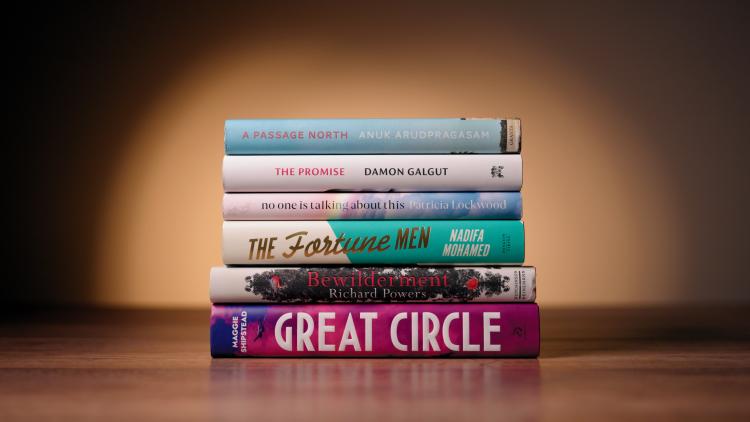

As part of a series in which Booker authors choose their favourite Booker books, Nadifa Mohamed takes a look at Arundhati Roy's 1997 winner.
Nadifa Mohamed on The God of Small Things
As part of a series in which Booker authors choose their favourite Booker books, Nadifa Mohamed takes a look at Arundhati Roy's 1997 winner.
‘There are so many elements to The God of Small Things that etch themselves into the reader’s memory.’
Nadifa Mohamed, author of the 2021 Booker Prize-shortlisted The Fortune Men, recalls how she was transported to Kerala while reading Arundhati Roy’s 1997 winning novel, The God of Small Things.
It is the river I remember most or maybe the haunted colonial house or the tentative, fearful love between Velutha and Ammu. There are so many elements to The God of Small Things that etch themselves into the reader’s memory. I first read it in my early twenties when I could still breeze through three books a week; I associate books with journeys – trains, planes, London buses – but I cannot picture myself reading this book while on the move, maybe because it transported me so fully to Kerala that my ordinary life melted away.
I saw myself in Rahel with her hair in a pineapple and saw something of my hometown, Hargeisa, in the sleepy town of Ayemenem; the codes, the secrets, the power struggles. Roy writes with such sinuous, dangerous beauty that the violence of the novel pulls you in deep; you feel you can’t escape it or maybe don’t even want to.

Arundhati Roy, 2000
© Robert Van Der Hilst/Gamma-Rapho via Getty ImagesThis is a novel that doesn’t age, that captures both the precise and the general
The doomed love between Velutha and Ammu, those two rule-breakers with their forbidden passion, still breaks my heart: ‘He folded his fear into a perfect rose. He held it out in the palm of his hand. She took it from him and put it in her hair.’ They will be crushed, you know that, but you want them to grasp as much pleasure as they can beforehand.
This is a novel that doesn’t age, that captures both the precise and the general, that teaches us again all that we need to know about life.

Transport on the brackish lagoon of the Alappuzha region.
© Frédéric Soltan / Sygma / GettyExplore the Booker library
























